Galician director Lois Patiño has premiered the film Samsara at the 73rd Berlinale, in the Encounters section. The formal originality and distinctive style, present in his previous films, reach their peak in this one. Form and content merge to convey an inspired proposal on reincarnation, with express reference to the Tibetan Book of the Dead. The narrative includes two stories linked by a very special cinematic hinge, whose function is so relevant that it becomes, by its own merit, the central attraction and justification of the film.
If cinema is made up of images and sound and it seems unimaginable to dissociate them, Patiño manages to convince us otherwise. The director specifically asks us to close our eyes for 15 minutes and let ourselves be carried away by the sound and the flashes of light that pierce our closed eyelids. The rhythm of the first part of the film, the use of colour, prepare us in a way for this particular “intermission”, which is actually the main course, and at that moment we will let ourselves be transported by the sensations, in a kind of meditation, which in the end will be double. We will think that we have seen without seeing and we will be amazed at the suggestive capacity of the cinematographic medium, so that the resource itself will also be the object of our reflection.
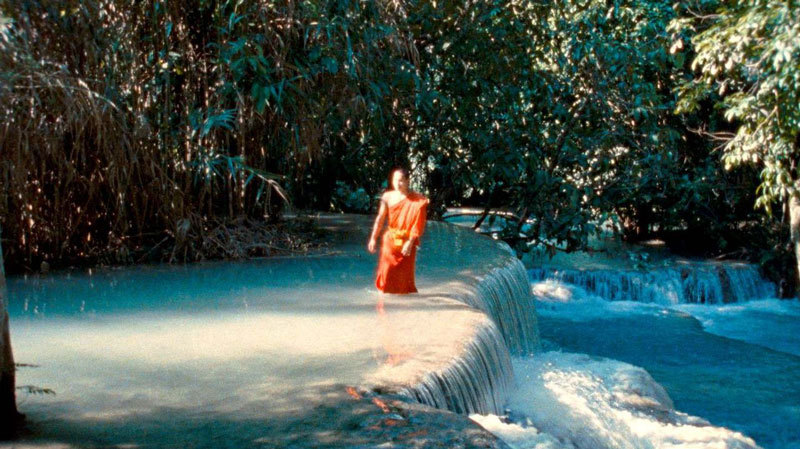
The use of this procedure was one of the initial intentions of the director, who wanted to reflect on the invisible and how to work with it in film. And what is the invisible in this case? What no one who has ever known has been able to relate: the transition from life to death and, according to Buddhism, our reincarnation, the journey through the Bardo. In the first part of the film, which takes place in Laos, we get to know the daily life of the novices in a Buddhist temple, as well as a young man who visits a dying old woman and reads her a book that no one should read on their own, but must hear from others. This is the Book of the Dead, which will prepare her for her passage and give us the guidelines for what we will feel as soon as we close our eyes, to see with other senses.
When our gaze returns to the screen, the Asian landscape has given way to the island of Zanzibar, where a mother wakes a little girl with the news that a baby goat has been born, and we imagine her to be the reincarnation of the Laotian. The transition from the Bardo of light and sound that we have “crossed” with our eyes closed leaves us in front of a sleepy little girl, and Lois Patiño thus manifests an unconscious process, which occurs like a dream, with the sweetness of an awakening, despite the bewilderment suffered until the final moment, according to the book. Having two directors of photography has given each of the parts in Asia and Africa a different plastic texture, the first more bucolic, by Mauro Herce (Lo que arde, 2019), and the second with more intimate framing and close-ups, directed by Jessica Sarah Rinland.
The experience of the transition between life and death in Samsara adopts a Buddhist perspective, although by the director’s own admission, who considers himself to be close to mysticism, his spirituality is syncretic. In the film itself, we are offered a third belief, that of the Masai, who, in a conversation with the little girl, explain to her their own funeral rites and how change, misnamed progress, has affected their traditions.
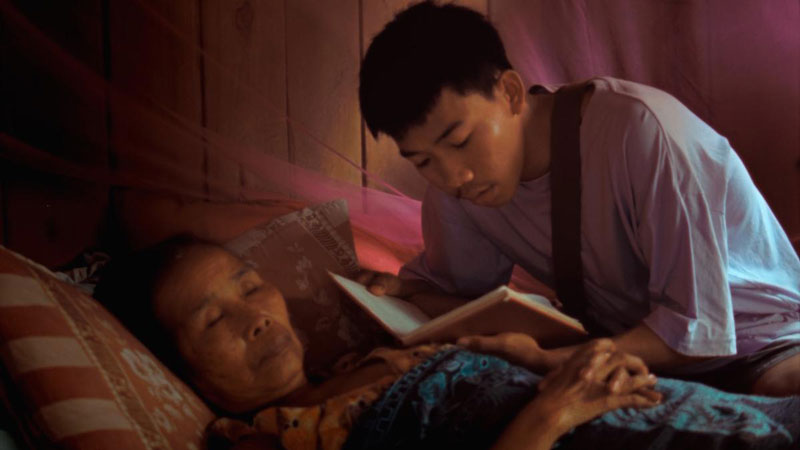
The stopped time, the silence, the meigas, ghosts and deceased whose presence adopts new forms, which were already present in Lúa Vermella, are merged with a more evolved language within a structure that belongs to Buddhist culture, to convey a timeless meditation, with an inspiration that connects it to Apitchapong Weerasethakul. Patiño suggests, provokes and demands the collaboration of the spectator, who is also allowed to follow his own path of individual introspection, to find the answers to his own questions.
Samsara won ex-aequo with Paul B. Preciado‘s Orlando, ma biographie politique (Orlando, My Political Biography) the Special Jury Prize in the Encounters section at the 73rd Berlinale.
Information updated on 25 February 2023.


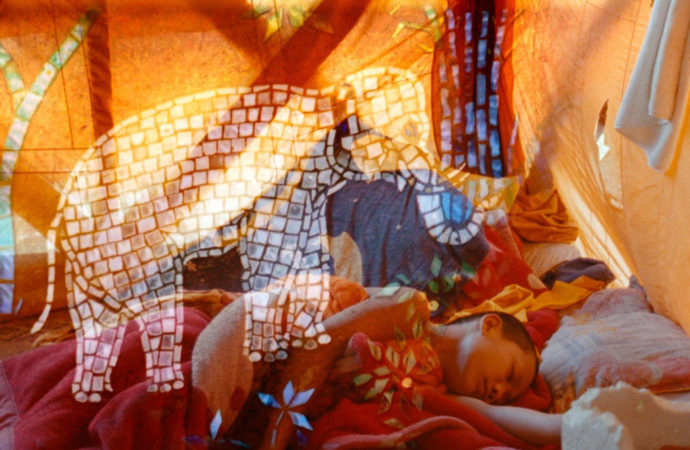

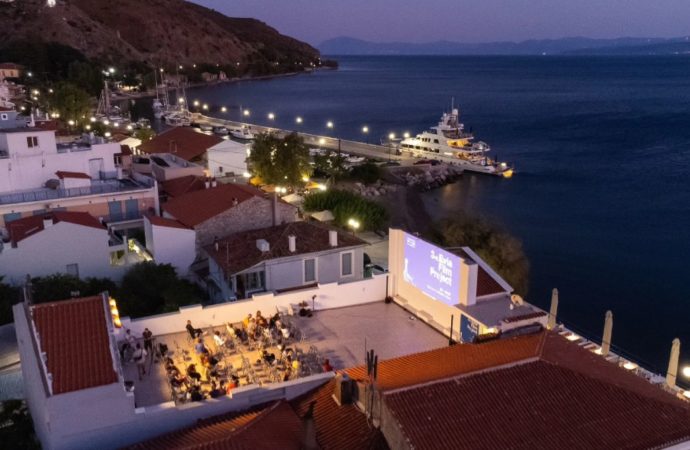
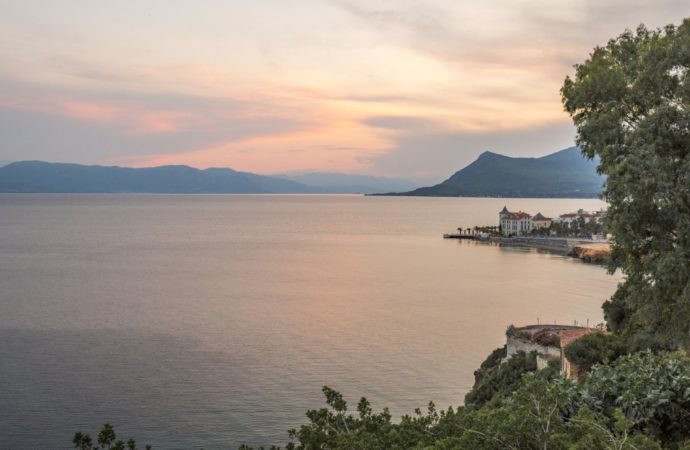
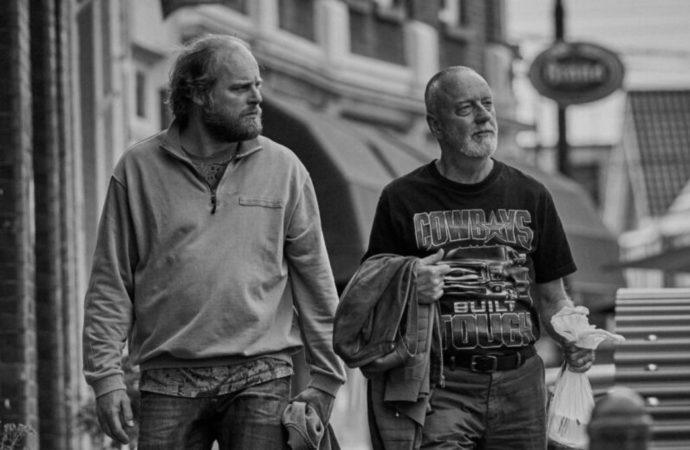
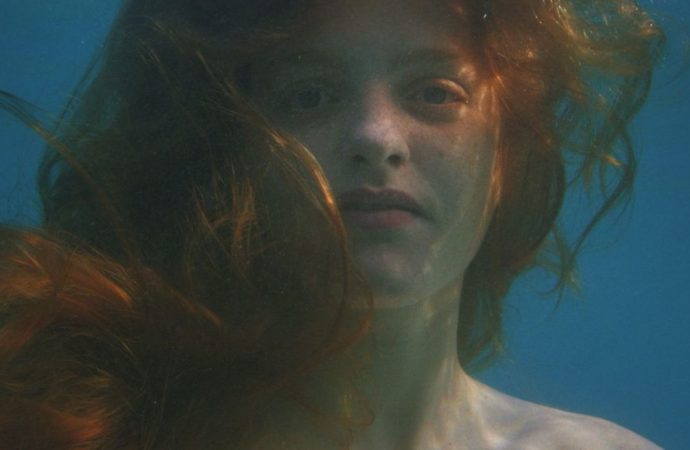
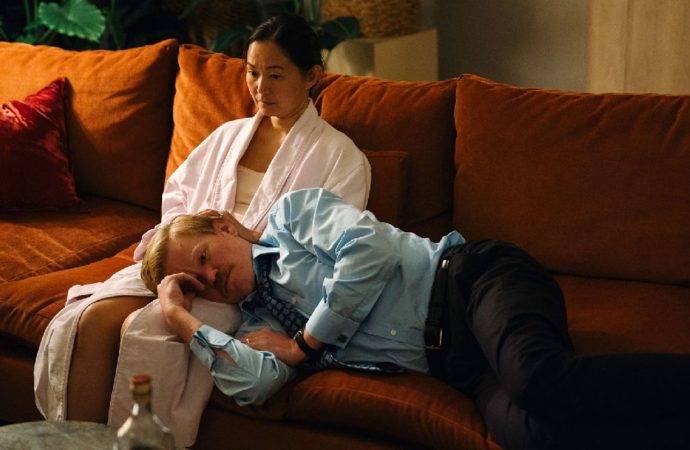
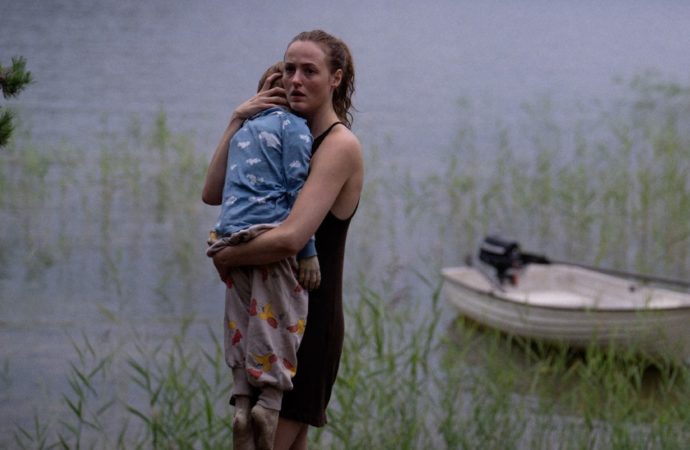

No one has posted any comments yet. Be the first person!